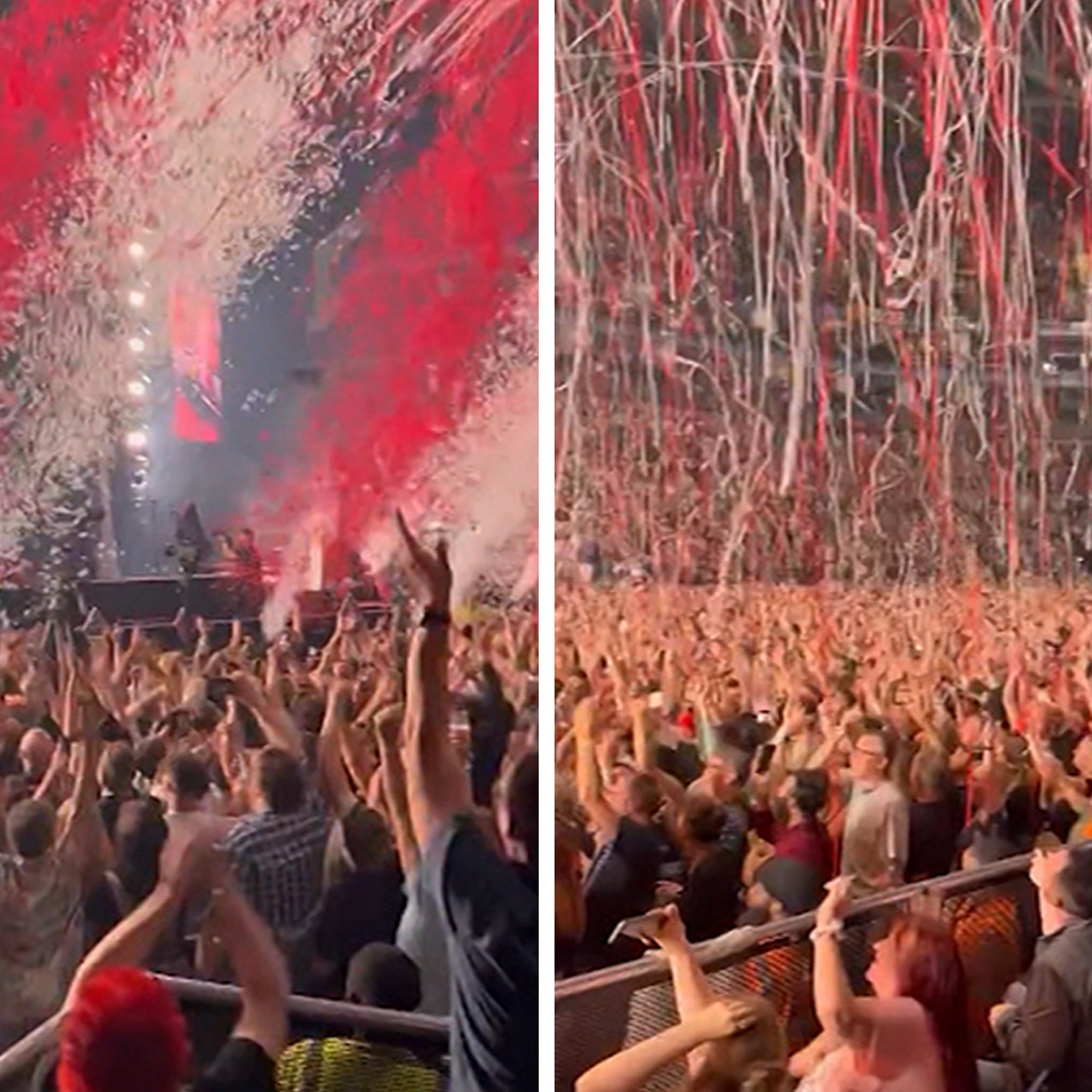What Could the Metaverse Mean for Live Service Gaming?

A technological singularity is fast at hand. As social media platforms, gaming centers and business giants converge on a prospective new network called the Metaverse, questions arise about how existing platform models like the live service will fare as technology and our relationship to it progresses.
The Ubiquity of the Live Service
Live service gaming is a model that has captivated game companies in recent years. A majority of video-game releases for consoles and on PCs make use of the model, striving to retain a regular user-base – and a regular source of income – by offering ongoing content updates. For players, the live service is a curated evergreen experience, while for developers, it’s a profitable and self-sustaining business model.
Though the term has attained new significance through the latest generations of videogames, the model will already be familiar to those who play casino games and bingo online. With the latter, players could find a wide and ever-changing range of bingo titles from Rainbow Riches to Helter Skelter, simply by creating an account with a provider. Other casino sites offer live play of table games with other players in return for a subscription fee.
Mixed Response
Though the live service concept has been prevalent for some time, consumer response to it has been decidedly mixed, often depending on the strength of its usage or the way in which it has been deployed. Some deride live-service gaming as a “cash grab” mechanic, especially where IPs that were not improved by their live-service model were concerned; hotly anticipated superhero game Marvel’s Avengers was received poorly by gamers, as repetitive gameplay loops incentivized microtransactions over attempting to grind for items.
However, there are notable examples of video games that have successfully implemented the Game-as-a-Service model, such as Bungie’s Destiny 2 – a title with a global following that retains its audience through seasonal content releases and respect for the player. Elsewhere in the gaming sphere, sites and services that offer a continually-updated offering of casino and bingo games remain the main access point for those genres online. Even outside of gaming, the modern subscription service – typified by Netflix and Disney+ – has changed the way we consume media forever and shows no sign of going away.
The Metaverse
Innovation is nothing new when it comes to live service, as new generations of technology widen audiences and create new possibilities. But there’s one technological advancement that’s dominated headlines since its announcement, and that could have a profound effect on the way we engage with media: the Metaverse.
The Metaverse seeks to revolutionize the internet as we know it, by migrating products, resources and online destinations to an interconnected web of AR and VR environments. There is much speculation surrounding the scope of the Metaverse and what its integration into our everyday lives will look like, but the live service model is certain to flourish in a more immersive environment. With VR games becoming much more popular, being able to subscribe to evergreen Metaverse worlds – and pay for new avatars and cosmetic items in those worlds – represents the future of online gaming and social networking.
Controversial as the live service model may be, it is a model that’s here to stay. As fundamentally different ways of accessing online platforms emerge, the live service model is perfectly poised for a new generation.




